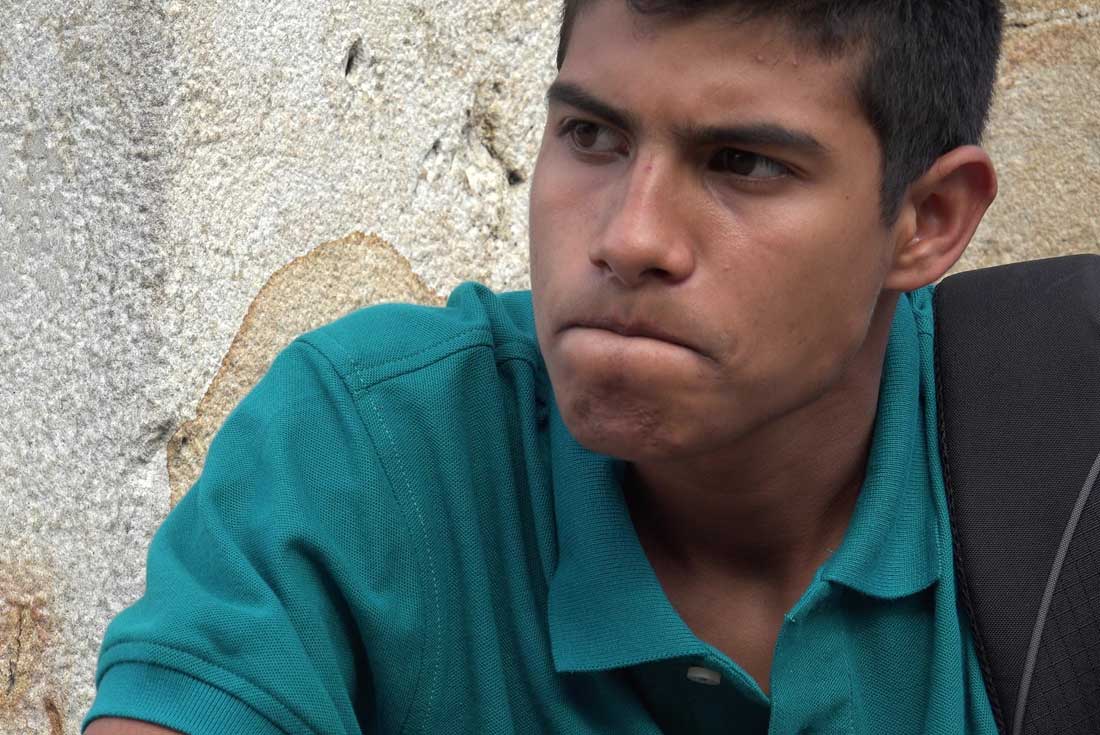Adults, Watch Your Language!
How Lazy Language Harms Kids
J. Stuart Ablon Ph.D.
I’m a bit of a stickler for language. I often have to resist my urge to irritatingly correct people’s grammar. But one thing I try not to resist correcting is lazy language that harms kids.
When kids behave poorly, we often throw around pat phrases as explanations. Here are some common ones you might recognize:
“He just wants attention”
“She just wants her own way”
“He just wants control”
“He’s an expert manipulator”
“She’s got a bad attitude”
“She’s making bad choices”
“He won’t cooperate”
Unfortunately, when someone utters one of these explanations, the typical response is nodding in agreement. But are we really sure these statements are accurate? Because if they aren’t, they reinforce inaccurate, derogatory views of these kids. And if they are even accurate, are they helpful? Let’s examine them together.
- “He just wants attention” implies that’s why he’s behaving badly. But doesn’t everyone want attention of some kind? So, isn’t he like everyone else in the world who likes attention except that he has a hard time seeking it in a more adaptive manner?
- “She just wants her own way.” I love this one. Show me the person who prefers other people’s ways! In my experience, what this actually means is that she wants her own way just like everyone else but struggles more than others when things don’t go her way. We call that cognitive flexibility. In other words, her challenge is about skill, not will, but being lazy with our words perpetuates the harmful assumption that she’s just a spoiled brat.
- “He just wants control.” Again, don’t we all? Show me the person who prefer a lack of control. Wouldn’t it be more accurate to say that when things are outside his control, he struggles more than others who also prefer control? Skill, not will.
- “He’s an expert manipulator.” My first response to this is often to just say, “No, he isn’t.” Why? Because if he was such an excellent manipulator, then you wouldn’t know you are being manipulated! Clearly, he must be a terrible manipulator. I also like to ask people to define what they mean by this phrase. The answer usually goes something like this: “He’s always trying to get what he wants.” Hmmmm. Sounds like us all – which begs the question, why would he go about trying to get what he wants in a way that irritates others if he had the skills to get what he wants without irritating others?
- “She’s got a bad attitude” seems to imply that she’s choosing to have a bad attitude. In my experience, these kids have some pretty good reasons for a less than cheery attitude. Being misunderstood, for example, is one.
- “She’s making bad choices” is another favorite of mine because it seems to imply that she is weighing her options, determining which are good and which and bad and then deciding to go with a bad one! Kids who make bad choices have been shown to struggle with the skills necessary to make better choices – skills like coming up with multiple solutions to a problem, projecting those solutions into the future, and assessing potential outcomes. Once again, being lazy with how we describe these kids reinforces and perpetuates incorrect and harmful assumptions.
- “He won’t cooperate.” Now this is an interesting one. When we adults say that, we of course typically mean that he won’t do what we say – now. So why is that interesting?
Because the definition of the word “cooperate” means to collaborate or come together. It does not mean do what I say now! See how we adults have literally changed the definition of the word to fit our assumptions? Imagine if instead we said that he had a time responding quickly to requests? Then perhaps we would be curious about whether he just needs more time to process things or whether has difficulty shifting gears in general. That is to say, we would be more likely to be curious, not furious with him. And that’s a big difference because it opens the door to more compassionate and helpful responses.
So, let’s work harder to use more accurate and helpful language when we describe kids with challenging behavior. Wait! I am guilty myself. Maybe we aren’t being lazy with our language. Maybe we just lack some awareness. I’m hoping this blog will help all of us rethink the words we choose. Our kids deserve better from us.
As originally featured on the Changeable blog in Psychology Today
